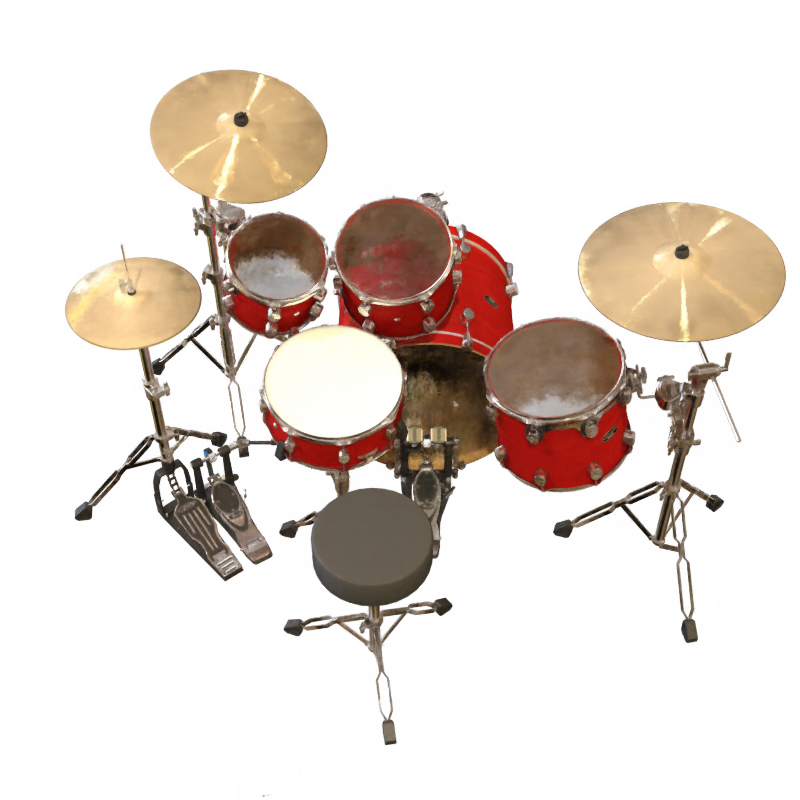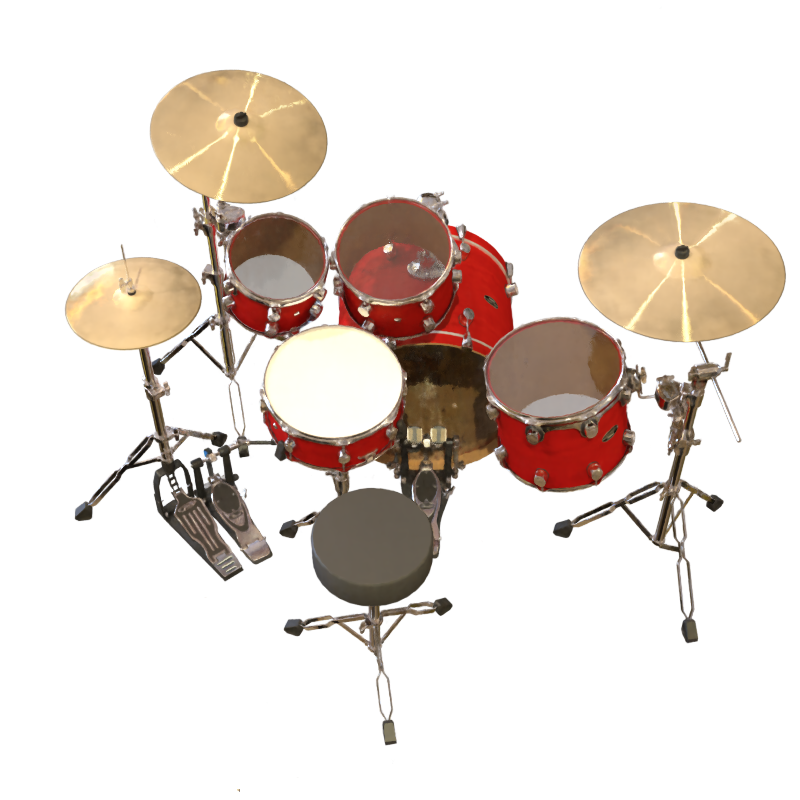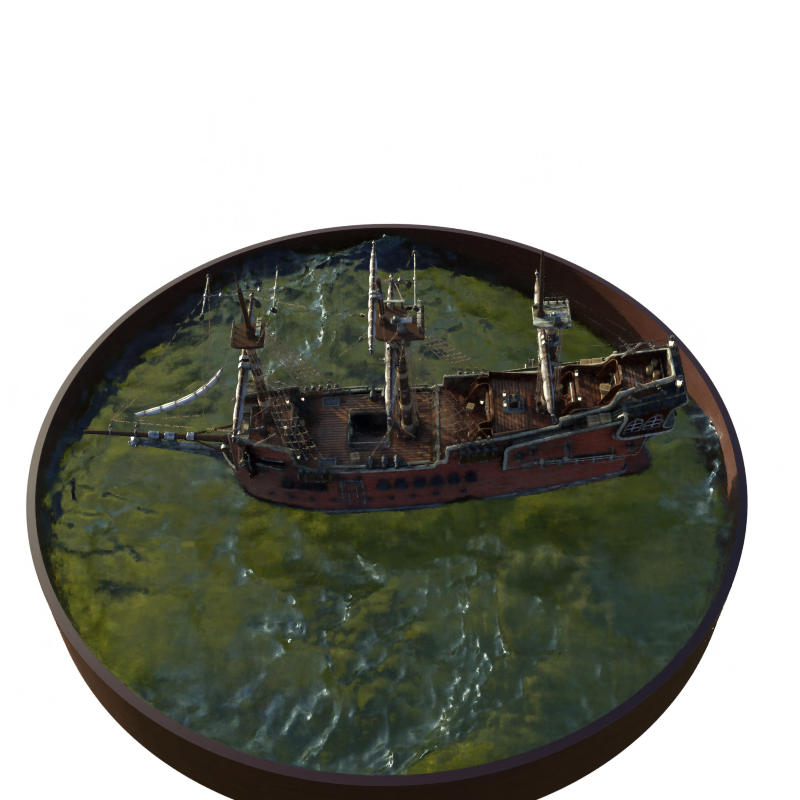[CVPR2023]: ABLE-NeRF: Attention-Based Rendering with Learnable Embeddings for Neural Radiance Field
The repo contains the sample code for the paper:
[CVPR2023]: ABLE-NeRF: Attention-Based Rendering with Learnable Embeddings for Neural Radiance Field
- Clone the repository:
git clone https://github.com/TangZJ/able-nerf.git
- Navigate to the project directory:
cd able-nerf
- Install the required dependencies:
Install conda environment with python=3.9
Install dependencies under dependencies.yaml
Ref-NeRF | ABLE-NeRF
Dataset: Download the datasets from the NeRF official Google Drive and unzip into your folder
To run training:
# Example usage command
# Alter the data_dir file to change scene accordingly with this flag: ++dataset.data_dir='/mnt/lustre/zjtang/data/nerf_synthetic/drums'
# Tip: See full_eval.sh for range of commands/flags to change
# Code is executed in ddp; {++train.batch_size=1024} is per gpu batch size.
# If you have 4 GPUs, it should call 4096 batch size automatically
# By changing the batch size, you should change the {++optimizer.max_steps=xxx ++optimizer.lr_delay_steps=xxx} accordingly to match
# dataset.factor flag divides image size. e.g using factor 2 halves the image; 0 for full image
python main.py +dataset=drums ++dataset.factor=0
# For SLURM job clusters: #change ntasks-per-node, gres, worldsize to gpu and node size
sbatch full_data.sh
# To generate test images on 1 gpu:
# {++expt_settings.test_name} is the output folder
sh full_eval.sh
Acknowledgements
Thanks to hjxwhy for the pytorch_lightning implementation
Check out: https://github.com/hjxwhy/mipnerf_pl
Other notes:
# you can try using pytorch 2.0 or even xformers for speedups on transformers
# able-nerf


